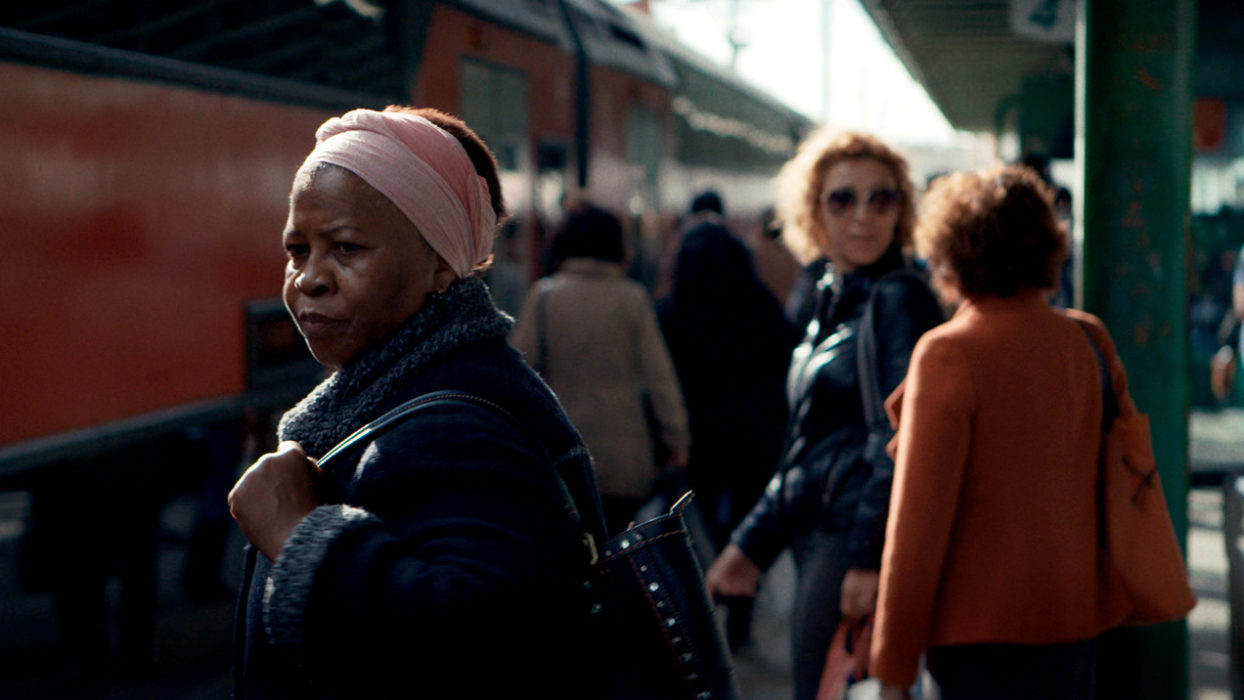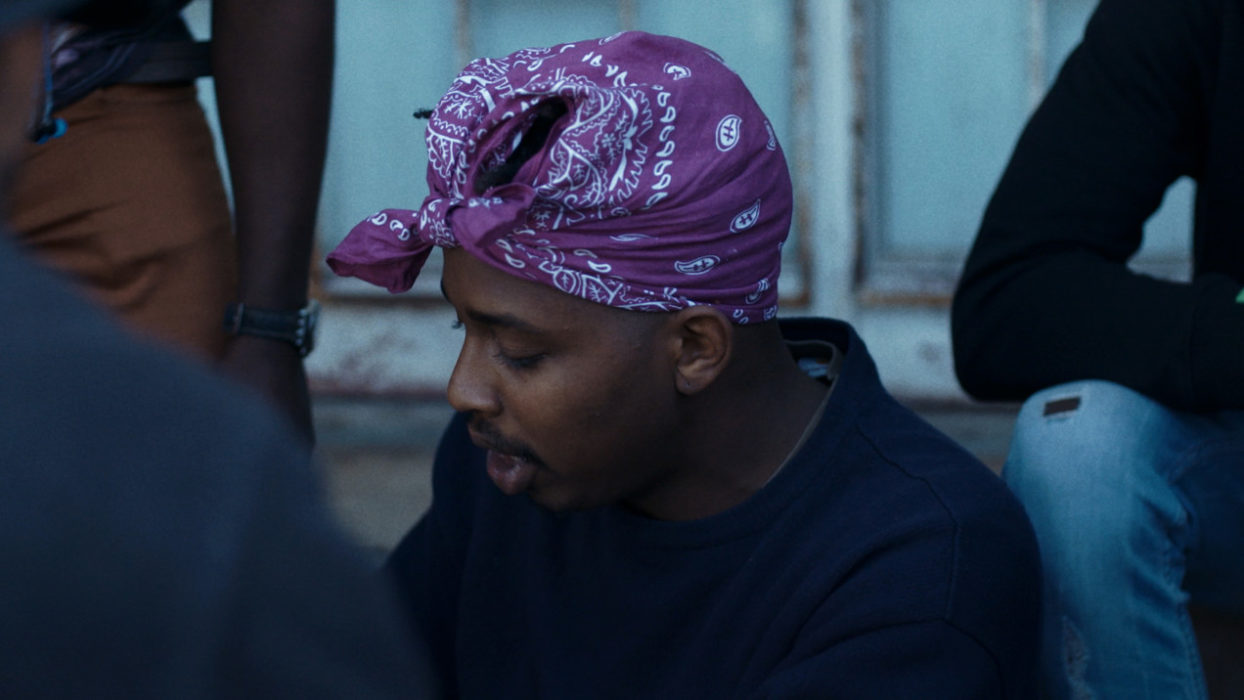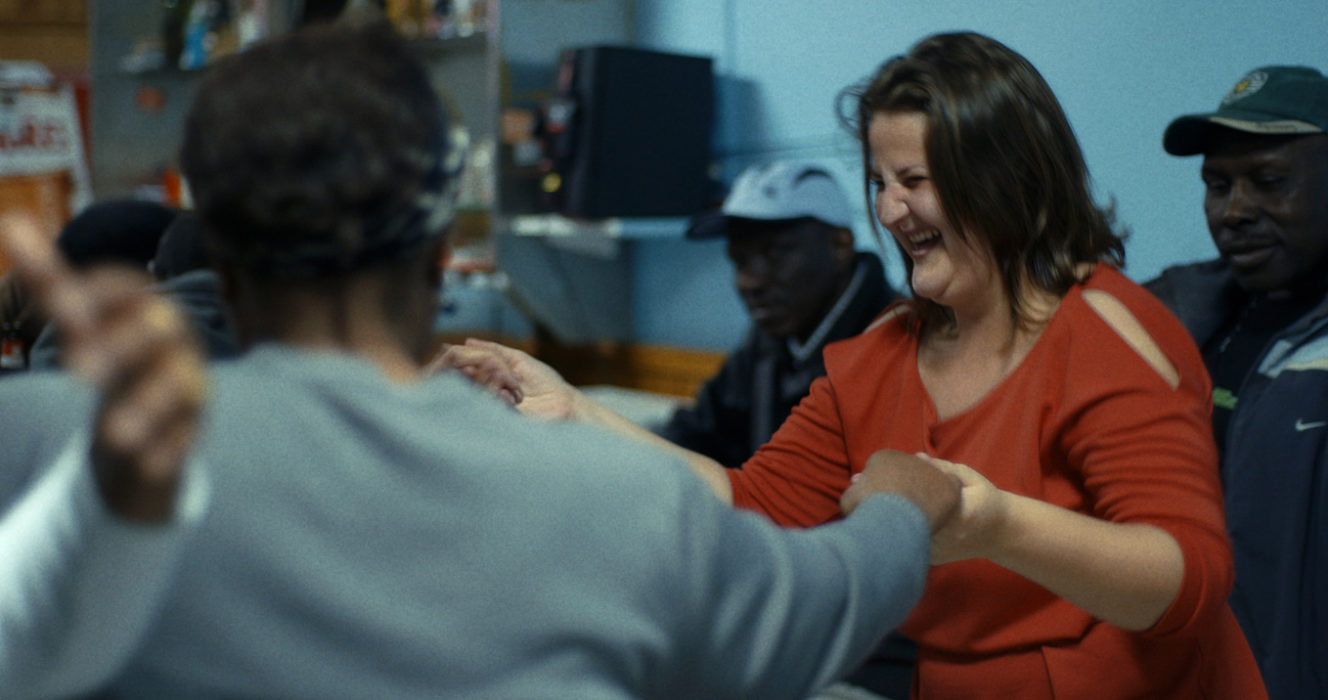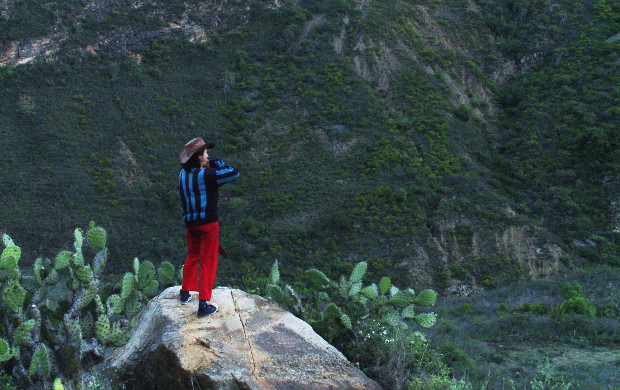Fora da vida
On the Side
- 2015
- Portugal
- 35 minutes
- Portuguese
When you earn a minimum wage, how do spend the little you take home? In their previous films, the directors built up a close relationship with Isabel, Monique and Miguel. Here, they follow their characters’ (almost) parallel lives during their lost moments, or “free time” as it’s called, even if the epithet is sometimes ill-fitting. Monique, a Brazilian immigrant in her thirties, with a string of odd jobs, plans to do a thesis. Isabel cooks for private customers who pay late, while her landlord puts up her rent. Miguel, a single father who tries as he can to “offload” his baby onto his in-laws when he lands a job in Lisbon, retreats into teenage behaviour once across the threshold of his mother’s flat. Each in his or her own way comes up against the lack of money, a constraint that seems more than ever unfair. Yet, the precision of the shots and framing forestalls any pitifulness; in this short span of time, the domestic, professional and social spheres are visited as circles that structure lives, and keep them going. Rather than theorising abstractly on class solidarity, this emerges through the editing, which has the different life paths cross little by little. (Charlotte Garson)
- Production : Vende-se Filmes; Best XX-I
- Editing : João Miller Guerra; Filipa Reis
- Sound : Ruben Costa
- Photography : Vasco Viana
- Copy Contact : Vende-se Filmes






